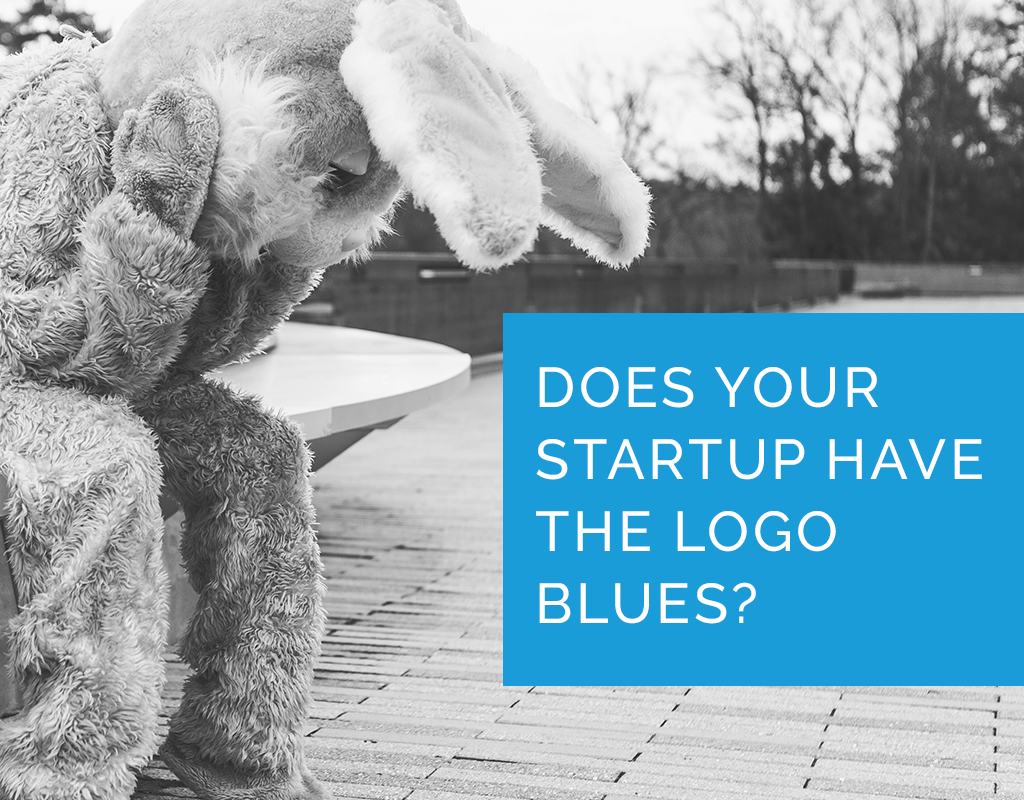Often, I get questions from journalists, scientists and people interested in startups from all over the world, “What is the most successful startup from Leipzig, or moreover, from all of Germany?” The answer to this question is difficult, not only because of the complexity to define or to measure what success really is, but also because the term “startup“ can be used and seen very differently. Indeed, everyone in the media and business world currently speaks about startups, but a general and wide accepted definition is missing. The problems involved with missing definitions will be displayed here with the help of a few practical examples and stories of my working life.
Depending on the definition of the term startup, one of the most successful German startups is actually based in Leipzig. This statement may surprise you, but with a modern twist on the definition of what a startup actually is, the statement holds true. Founded in 2009 as a registered club and since 2014 registered as RasenballSport Leipzig GmbH, RB Leipzig is the most successful and most promoted team of all time. This is measured at the billion-market professional soccer level.
However, is RB Leipzig really a startup?
For that challenge, let’s have a detailed look at a few different approaches of the term startup:
The Deutsche Startup Monitor defines startups according to its study under the following criteria:
- Companies younger than 10 years: Founded in 2009 fulfills this decisive factor clearly.
- Significant growth of staff or/and sales: Finding data about RB Leipzig’s sales is difficult, but according to the total sales of all German National Teams for the 2015 season, it is at least a high binary million Euro sum. The number of employees represented last season is more than 1400 according to various media reports. Full-time salaried persons should be at least between 400 and 600 employees after the promotion into the Bundesliga and the purchase of the Red Bull Arena. This point is also clearly fulfilled.
- Innovative business model or/and technology: Here the definition is most imprecise because the meaning of “innovative” is very subjective. RB Leipzig follows a new approach in the soccer business. One can see this reflected with recent criticism from so-called “traditional clubs” against RB Leipzig, which some teams actually refer to as nothing more than a project. Also, in reference to solutions such as different regulative limitations (i.e. 50+1 rule, naming, participation) RB Leipzig has discovered quite a few creative solutions. So far RB Leipzig embraces new methods, leads innovation of what is possible in the soccer world, and with it RB Leipzig follows a completely new business model.
According to the definition of the Deutsche Startup Monitor, RB Leipzig can really be defined as a startup. An alternative definition, which is mainly used in the Anglo-Saxon area, is from Eric Ries:
“A startup is a human institution designed to create a new product or service under conditions of extreme uncertainty.”
Based on this, it can be confirmed that RB Leipzig is a new product or brand and exactly this point is criticized from lots of fans from more traditional clubs. Even the risk of failure in 2009 was very high, because it was uncertain if RB Leipzig could find an active fanbase, and more importantly, if they would be successful. Based on this definition, RB Leipzig can also be coined a startup.
Y Combinator co-founder and Silicon Valley veteran Paul Graham reduces startups even on growth:
“A startup is a company designed to grow fast. Being newly founded does not in itself make a company a startup. Nor is it necessary for a startup to work on technology, or take venture funding, or have some sort of exit. The only essential thing is growth."
RB Leipzig’s growth last year would be a prime example for a startup in this sense. When you look only at the development of customer numbers, exemplified measured based on average stadium visitor numbers, it increased from 2.150 to 41.639 per match.
Only when you look at the startup definition in terms of new technologies, like the US Small Business Administration, the classification of RB Leipzig as a startup becomes quite controversial.
“The term startup is also associated with a business that is typically technology oriented and has high growth potential. Startups have some unique struggles, especially in regard to financing.”
s growth is very strong. Even the character of an external, yield-oriented, investor is fulfilled with the beverage producer Red Bull owned by Austrian Dieter Mateschitz. It becomes more and more clear, based on various definitions, RB Leipzig could actually be defined as a startup. So currently, one of the most successful startups of Germany is settled in the nice city of Leipzig. But is RB Leipzig really that kind of business that we bring to mind when we speak of “startups?” For me personally, it is a strange feeling and I wouldn’t think of RB Leipzig immediately.
Why this all really needs to be considered
Why is it relevant to determine what is a startup and what is not a startup? The answer is simple: many scientists, journalists and politicians today deal with startups and even in TV shows there are founders on prime time and spread the pictured view of startups. But is there danger that we may draw the wrong conclusions with vague definitions?
Could wrong definitions lead to inefficiency and wrong decisions particularly at the political constitution of laws and supporting programs? Can vague definitions in science lead to wrong perceptions and conclusions? Is it possible that the media may spread wrong information if they don’t receive enough proper exposure to the term? The example of the talk with a journalist of an important German business magazine illustrates this best: “To the question how many startups are based in Leipzig, I answered modestly about 100.”
This journalist was worried about her article regarding the emergent startup scene in the city because the number seemed to be tiny in direct comparison with Berlin where someone told her 5000 to 7000. When I explained to her the example of RB Leipzig, she began to understand the problem of reduction to numbers and not being based strongly enough with facts. It is a fact, that our capital city of Berlin houses many more startups than Leipzig, but it is just as clear that the numbers have a different basis and thus this total number can fluctuate based on the definition.
What companies are startups?
The reality of startups and young companies is too complex to give an easy and conclusive definition. Even the translation of the term 'startup' in the German language is so difficult that we often simply use the English word instead. Also, if you use the term loosely in the context of politics, media and science it could derive wrong associations and different meanings of the term, leading to unnecessary consequences. Young companies can grow in different ways, and below are some situations I have encountered, that made me think, can I consider these entities a startup?:
- Many smart and innovative ideas already fail with the first steps before their legal foundation. The reasons are financing, finding the staff or legal barriers. Were these already startups?
- Research projects from universities can lead to company formations. Can we already call it a startup before it is legally established? Does this change if multi-million-dollar support programs like the EXIST research transfer are involved?
- Company Builder like Rocket Internet found companies one by another and often provide capital, know-how and even the idea. The founders hold shares in the one-digit percent range. These are starts-ups, aren’t they?
- Many young companies are subsidiaries of current companies. The current companies often hold significant shares of the new company. Startup or not?
- In the absence of capital, many young digital companies sell (development)-services although they have more scaling potential with their original product to secure liquidity for preservation and growth of the company. How long this is a startup and when does it shift into an agency/service provision business model?
- Just in the area of eCommerce, the startup term becomes visibily indistinct. With technical opportunities of shop systems like Magento or WooCommerce, the establishment of an online trading company becomes easier than ever. The growth potential in an internet world is gigantic. But is every eCommerce shop automatically a startup? Does the classification change if innovative products are sold? Can an Ebay trader be a startup? Can companies such as Leipzig-based Phonenatic - an Ebay and Amazon shop - with about 60 employees after four years be considered a startup?
- For many people, even older and established companies are still considered startups. Are US companies like Facebook, Twitter and Dropbox or even German examples like Trivago, Spreadshirt, Momox despite their age of 10 years or more, still considered startups or digital companies?
What we can learn from this?
Many of the above-mentioned examples show that a startup is not actually a startup. We have to accept that we have a rough interpretation of what the word really means. When somebody talks to us about startups, or when we read a study about this, our impressions can range greatly. You must prepare yourself for wide ranges of numbers and unexpected facts. It becomes more important to define exactly when using the term in studies, research works, journalistic reports and political initiatives how you understand the term yourself. If the term isn’t explained exactly you should ask for clarification should any doubts arise. Even a distinction between startups and digital companies like IT-agencies or former startups older than ten years is important. In total, you should deal consciously with the loose term and even be aware that companies after the foundation could become a startup. Not every company which we today call a startup will remain startups in near future – depending on the definition.






/RootCamp_Logo-Ecosystem.png?width=200&name=RootCamp_Logo-Ecosystem.png)
/Bitroad_Logo-Ecosystem.png?width=200&name=Bitroad_Logo-Ecosystem.png)



/White%20Versions/stadt_leipzig_white.png?width=130&name=stadt_leipzig_white.png)
/lfca_white.png?width=119&name=lfca_white.png)

/White%20Versions/sachsen_signet_white.png?width=65&height=79&name=sachsen_signet_white.png)